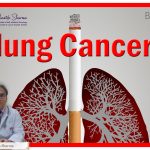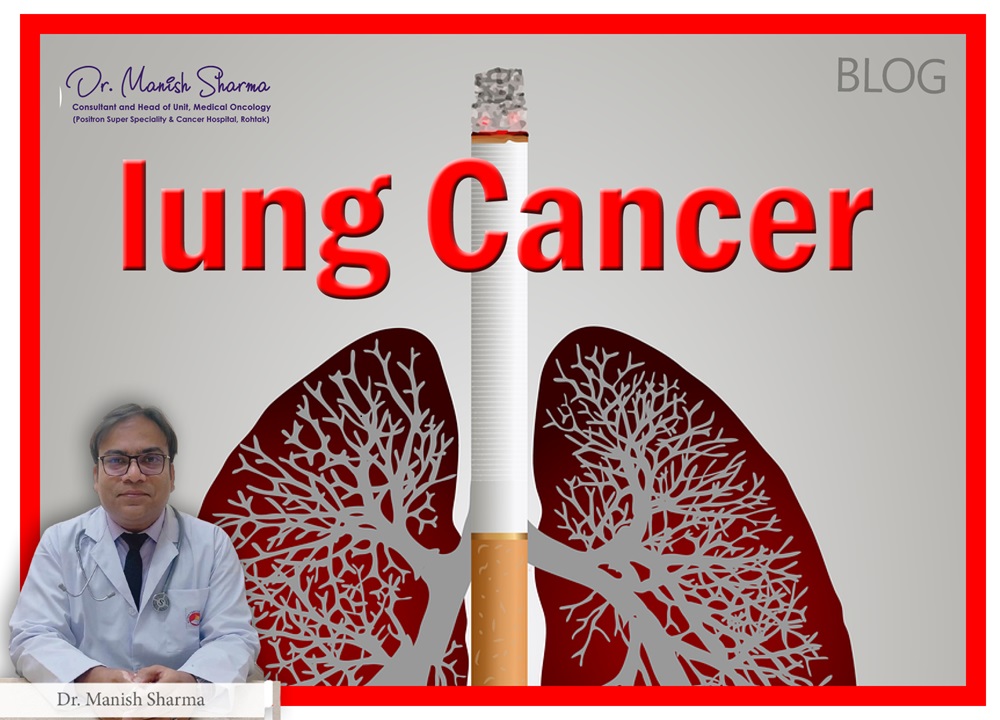Many symptoms may be present with lung cancer, but they may not show up until the illness has grown to a more advanced stage. These are typical symptoms:
- A persistent cough is one that either doesn’t go away or becomes worse with time, especially if it discharges sputum that is rust-colored or bloody.
- Breathing difficulties or wheezing that might happen even after light exercise are known as shortness of breath.
- Chest Pain: Chest, shoulder, or back pain that frequently gets worse when you laugh, cough, or breathe deeply.
- A chronic alteration in voice, especially if it’s accompanied by coughing or trouble swallowing, is called hoarseness.
- Significant and unexplained weight loss that frequently happens quickly is known as unexplained weight loss.
- Fatigue: Continued weakness or weariness despite getting enough rest.
- Loss of Appetite: A reduction in hunger or a sense of fullness following a modest meal.
- Recurrent respiratory infections are those that affect the respiratory system often, such pneumonia or bronchitis.
- Bone Pain: Pain in the hips or back that may be a sign that the cancer has metastasized, or spread, to the bones.
- Headaches: Headaches that last longer or get worse, particularly if they come on with accompanying symptoms.
The main risk factor for lung cancer is exposure to toxins, especially cigarette smoke. Still, additional elements may also be involved:
- Smoking: The primary cause of lung cancer is cigarette smoking. Numerous carcinogens found in tobacco smoke gradually harm lung cells.
- Secondhand Smoke: Lung cancer is also a concern for non-smokers who are exposed to secondhand smoke.
- Lung cancer risk can be raised by exposure to radon gas, a naturally occurring radioactive gas that permeates buildings through the earth.
- Asbestos and Other Carcinogens: The risk of developing lung cancer can be raised by working with materials that include asbestos, arsenic, chromium, nickel, and diesel exhaust.
- Genetic and Family History: Certain genetic mutations or a family history of lung cancer may predispose an individual to the illness.
- Air Pollution: Prolonged exposure to high concentrations of particulate matter and other pollutants in the air may increase the risk of lung cancer.
- Radiation Therapy: Receiving radiation therapy to the chest for a different ailment in the past may make lung cancer more likely.
- Lung cancer can be prevented or detected at an early, more curable stage by adopting a healthy lifestyle that includes avoiding tobacco use and other toxins and early identification through screening, especially for those who have high risk.





